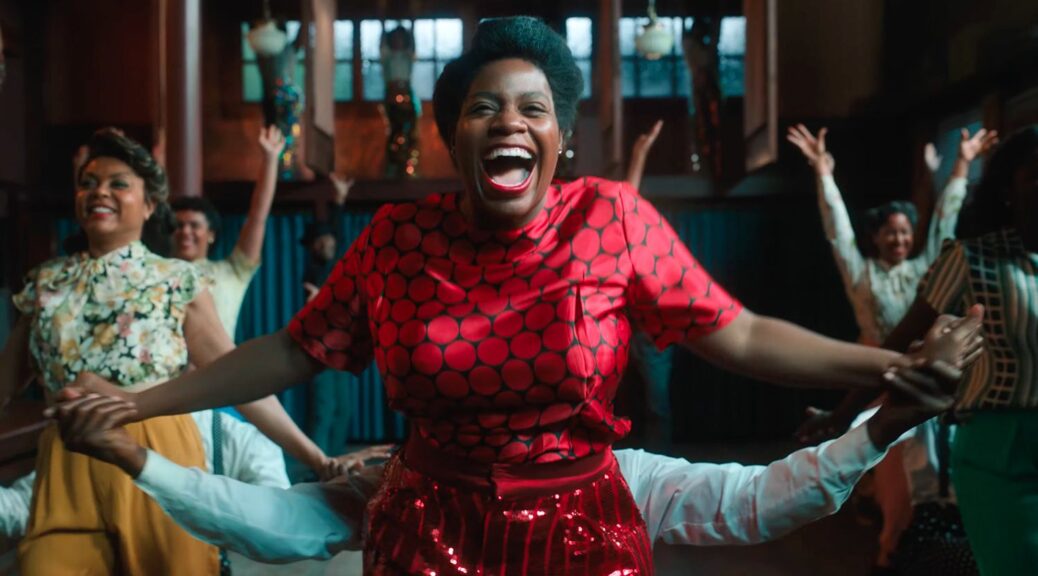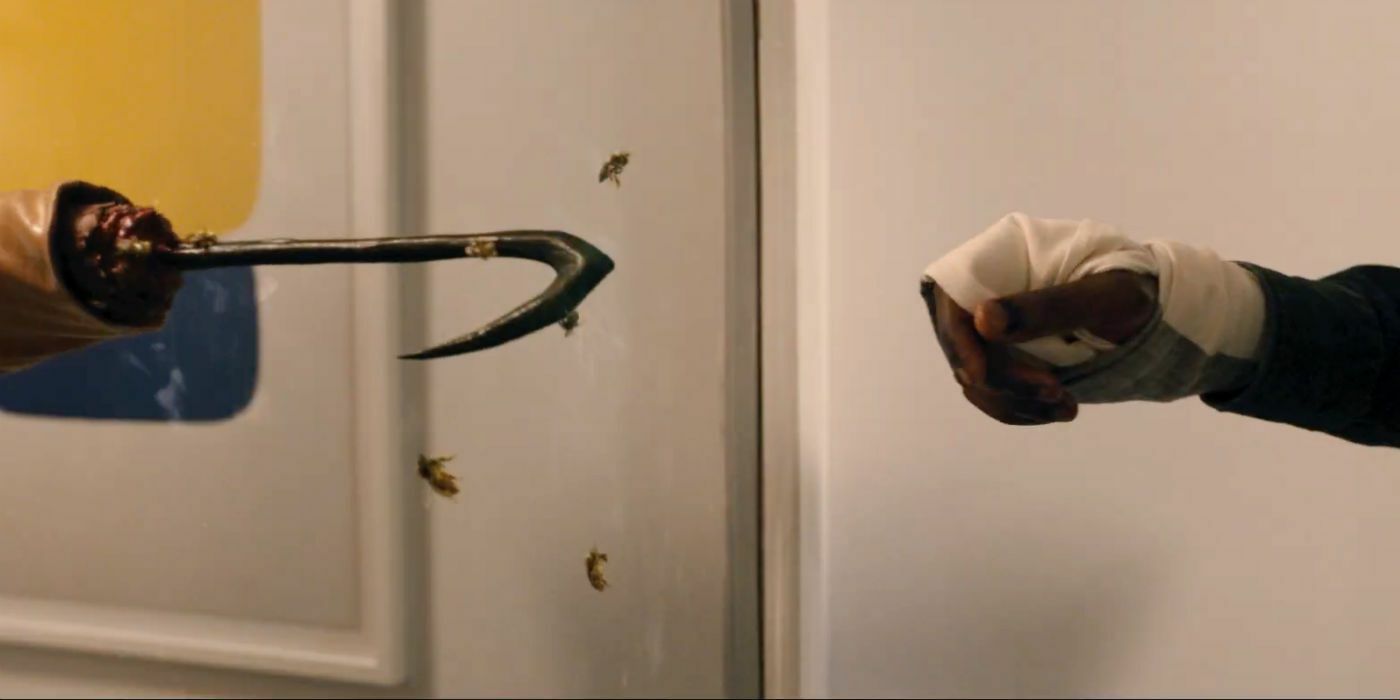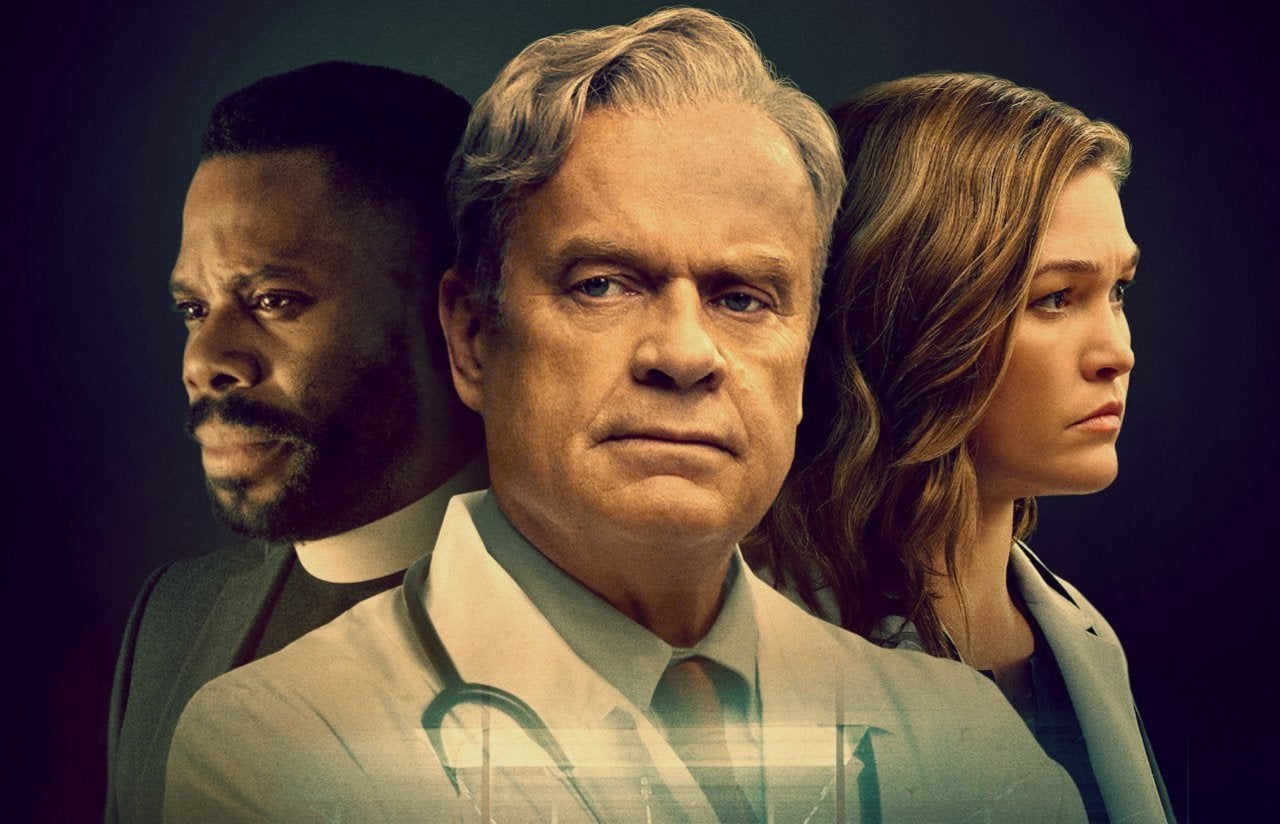The Color Purple
by George Wolf
No matter how familiar you are with Alice Walker’s original novel, or Spielberg’s 1985 film, director Blitz Bazawule’s adaptation of The Color Purple Broadway musical comes to the big screen as a heartfelt and joyous experience.
Yes, it is the same, often heartbreaking story. Young sisters Celie (Phylicia Pearl Mpasi) and Nettie (Halle Bailey) are separated in early 1900s Georgia, and adult Celie (an Oscar-worthy Fantasia Barrino, reprising her Broadway role) endures decades of heartache and abuse before proudly reclaiming her dignity.
Memorable characters and story beats surround Celie in the first two acts. Celie’s abusive husband Mister (Colman Domingo) pines for the famous singer Shug Avery (Taraji P. Henson), while son Harpo (Corey Hawkins) opens a juke joint and Harpo’s proud and defiant wife Sofia (Danielle Brooks, reprising her role from the 2015 Broadway revival) suffers repercussions from standing up to a white mayor and his condescending wife.
Through all the engaging drama and jubilant musical set pieces, Miss Celie bides her time, slowly inching closer to when both character and star step into the stoplight.
And when that third act hits, it is a glorious exhibition of pride, music and love. With Fantasia’s show-stopping rendition of “I’m Here,” Miss Celie begins to stand on her own as a successful business woman, and the film delivers her some well-earned flowers.
Have those tissues handy, but rest assured they will all be tears of joy. Because as much suffering as Miss Celie and her family endure, that pain is not what drives this vision. Bazawule, Barrino and a top flight ensemble make this The Color Purple an uplifting celebration of heritage and family, and an exhilarating film experience.







